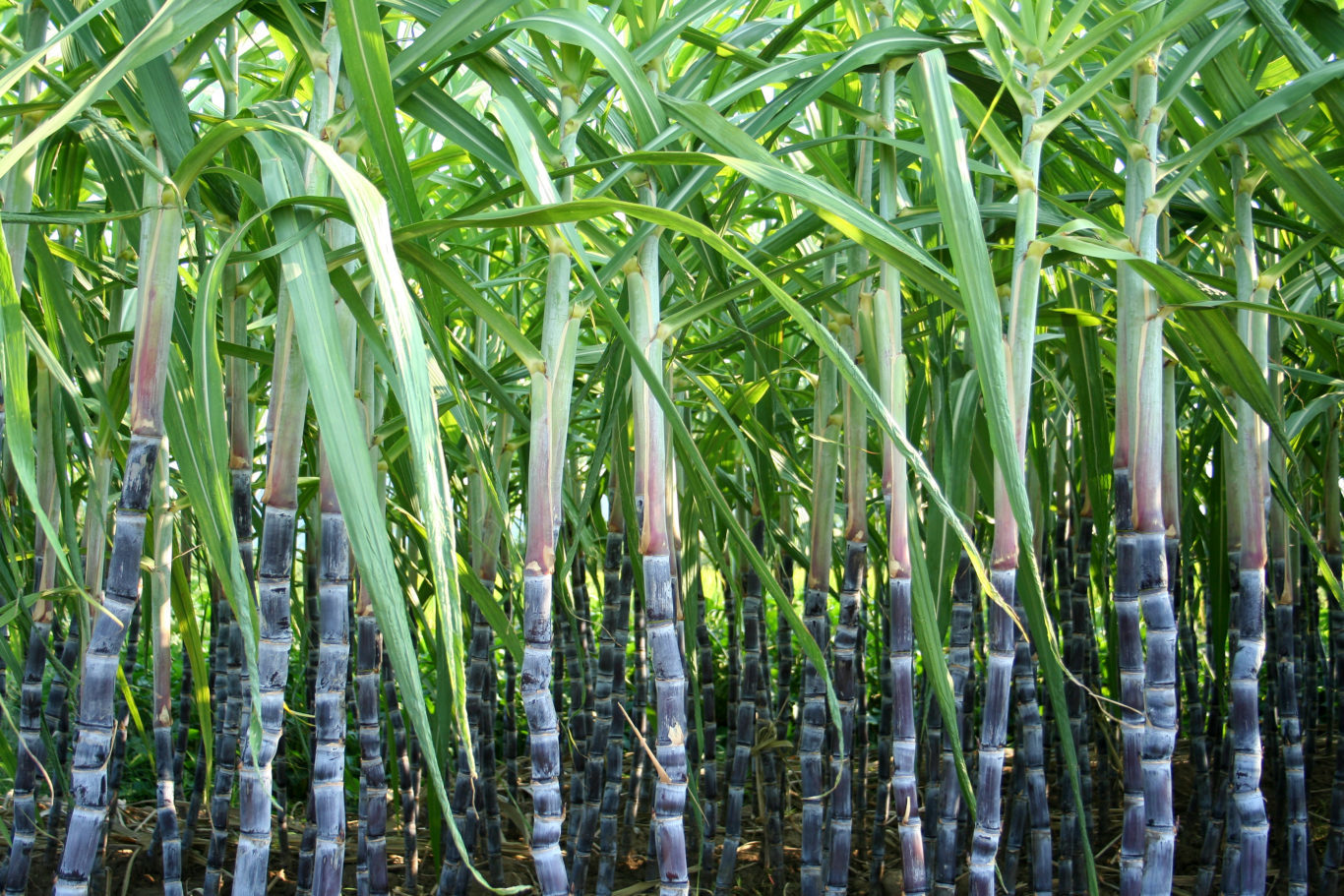How Sugar and Cane Affect Your Taste Buds and Cooking Experience
How Sugar and Cane Affect Your Taste Buds and Cooking Experience
Blog Article
Why Walking Stick Sugar Handling Chemicals Are Crucial for Modern Sugar Refining
The function of walking cane sugar processing chemicals in modern-day sugar refining can not be overstated, as they are indispensable to enhancing both the efficiency of extraction and the general high quality of the final product. Agents such as phosphoric acid and details flocculants are used to get rid of pollutants, resulting in sugar that not just satisfies consumer expectations but likewise adheres to sector standards.
Function of Processing Chemicals
The efficiency of walking stick sugar processing hinges substantially on the calculated application of handling chemicals. These chemicals play an essential function in enhancing the performance and quality of sugar removal and refining. From the preliminary phases of juice removal to the final purification actions, handling chemicals promote numerous essential operations.
In the removal stage, chemicals such as phosphoric acid and calcium hydroxide are used to optimize the explanation procedure, assisting to remove impurities and suspended solids from the walking stick juice. This not just enhances the return but also ensures the clarity of the end product. Furthermore, representatives like flocculants help in the fast settling of pollutants, therefore simplifying the general process.
As the processing advances, chemicals are used in decolorization and crystallization phases. Triggered carbon and ion exchange materials offer to eliminate color and smell, making sure that the refined sugar fulfills consumer top quality criteria. Eventually, the function of processing chemicals extends beyond operational efficiency; they considerably affect the sensory attributes of the end product, adding to market competition. Hence, the thorough selection and application of these chemicals are essential for accomplishing optimal results in walking cane sugar handling.
Trick Kinds Of Chemicals
Cane sugar handling relies upon a range of vital chemicals that help with each stage of production. These chemicals play vital functions in clarifying, bleaching, and purifying the sugar drawn out from cane.
One primary category of chemicals consists of flocculants, such as polyacrylamide, which help in the information procedure by promoting the gathering and settling of contaminations. In addition, calcium hydroxide is typically used to counteract level of acidity and aid in the removal of non-sugar components.
Whitening representatives, such as triggered carbon and sulfur dioxide, are made use of to decolorize the syrup, leading to a more clear final product. These chemicals assist get rid of color substances that may affect the sugar's look and bankability.
In addition, phosphoric acid offers as a pH regulatory authority during the processing phases, making sure optimal problems for the chemical tasks involved in sugar extraction and purification.
Other vital agents consist of edta (ethylenediaminetetraacetic acid), which chelates steel ions that can militarize undesirable reactions, and sodium hydroxide, which aids in pH control throughout the refining process. Jointly, these chemicals improve effectiveness and make certain a premium walking stick sugar item.
Advantages for Sugar Top Quality
Often forgotten, using details handling chemicals substantially enhances the general top quality of cane sugar. These chemicals play an essential duty in refining processes, making sure that the end product fulfills stringent industry criteria for purity and taste.

In addition, refining chemicals assist in achieving a regular granulation and structure, which are important for customer approval. By managing the crystallization process, these chemicals guarantee that the sugar crystals form uniformly, bring about a much more attractive product that liquifies well in different applications.
Moreover, using these chemicals can boost the life span of cane sugar by minimizing wetness absorption and microbial development. Generally, the critical application of processing chemicals is vital for supplying top quality walking cane sugar that meets consumer expectations and industry demands.
Environmental Influence Considerations

Moreover, the energy-intensive nature of sugar refining, compounded by chemical use, commonly results in boosted carbon emissions. This adds to environment modification and elevates problems pertaining article source to the sustainability of current refining practices. Additionally, the sourcing of these chemicals might entail techniques that endanger biodiversity, such as monoculture farming, which reduces the strength of agricultural ecological communities.

To reduce these influences, sugar refiners are increasingly discovering sustainable options and embracing ideal practices that decrease chemical usage. Implementing extensive ecological monitoring systems can help ensure that the refining process straightens with ecological criteria and promotes biodiversity. Eventually, a balanced technique that prioritizes both sugar top quality and environmental stewardship is crucial for the long-term practicality of the sugar sector.
Future Trends in Refining
As the sugar sector faces the ecological difficulties connected with traditional refining techniques, innovative techniques are arising to boost read this article both effectiveness and sustainability. One substantial trend is the adoption of eco-friendly chemistry concepts, which focus on the usage of non-toxic, naturally degradable processing chemicals. This change not only minimizes environmental influence yet likewise addresses consumer need for cleaner production methods.
Another promising development is the application of advanced filtration modern technologies, such as membrane layer separation and adsorption processes. These methods enhance the clearness and high quality of the sugar while minimizing the quantity of wastewater generated during refining. In addition, the integration of digital modern technologies, including IoT and AI, is transforming operational efficiency by making it possible for real-time tracking and anticipating maintenance, hence lessening source waste.
Additionally, the use of by-products from sugar refining, such as bagasse and molasses, is getting traction. These materials can be exchanged biofuels or value-added items, adding to a round economic i was reading this situation within the sector. Collectively, these patterns signify a shift towards even more lasting methods that not only boost operational performance yet likewise line up with global sustainability objectives, making certain the future practicality of sugar refining.
Verdict
Walking stick sugar handling chemicals are important in modern-day sugar refining, substantially enhancing the efficiency and quality of sugar extraction. The calculated use of these chemicals not only improves the pureness and taste of the end product but additionally ensures consistent formation and appearance. As the industry significantly focuses on sustainability, the fostering of environmentally-friendly handling representatives is most likely to shape future fads in refining, eventually leading to higher quality items and prolonged rack life for consumers.

Eventually, a well balanced technique that prioritizes both sugar top quality and environmental stewardship is essential for the long-term stability of the sugar sector.
Cane sugar processing chemicals are vital in modern sugar refining, dramatically boosting the performance and quality of sugar removal.
Report this page